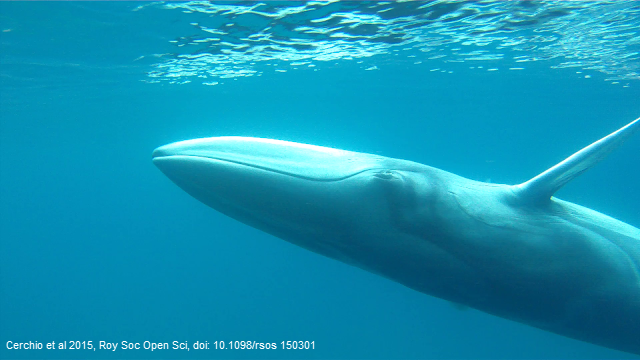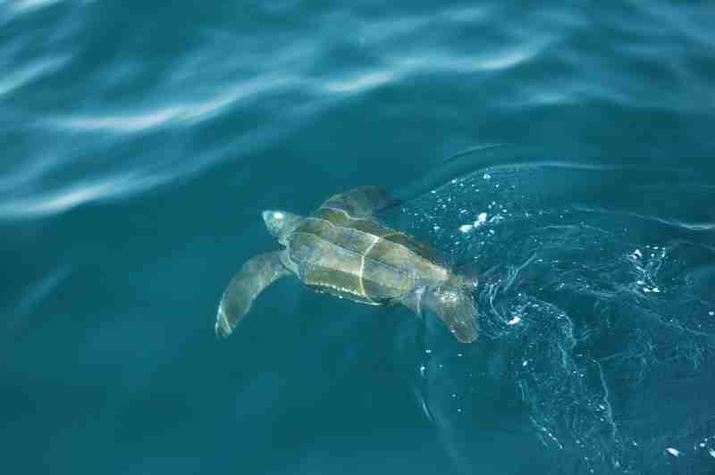Posts by tag
leatherback sea turtle
Threats: Chemical Pollution
Even water that looks clean and pristine can be seriously polluted. Chemical pollutants enter our water from industrial activities, agriculture and our homes. Although healthy aquatic ecosystems like bogs and…
Why are our turtles disappearing from the map?
I wish we knew! Each time we put a transmitter on a sea turtle we know that we’re sending that scientific instrument out into the ocean. And that is something…
The Many Features of our Oceans
The ocean is absolutely huge! As humans living mostly on land, we often overlook the fact that approximately 70% of the Earth is covered by salt water – that’s 363…
What else is out there that don’t we know?
Scientists have recently discovered a population of whale that has never been seen alive. This species, called Omura’s whale (Balaenoptera omurai), was only confirmed to exist in 2003, and has…
Threats: A Plastic World
Eighty per cent of ocean pollution is caused by human activity on land. Billions of litres of untreated sewage flow into our waterways, and contaminants are then passed along the…
Five Things You Didn’t Know About Leatherback Seaturtles
Did you know that Leatherback seaturtles have been around since the time of the dinosaurs? Or that they can boast the most extensive geographic range of any reptile? These turtles…
Threats to Leatherback Turtles: Habitat Loss
Leatherback turtles are dependent on a variety of different habitats throughout their lives. Nesting beaches are where females will deposit their eggs and these eggs will mature into young leatherbacks.…
How Leatherbacks Migrate
Leatherback sea turtles migrate farther than any other reptile on Earth. En route to nesting and feeding grounds, they can travel across entire ocean basins, including the Atlantic, Pacific and…
Biology: Circle of Life
Leatherback turtles hatch from eggs that female turtles lay on nesting beaches. Nesting (when turtles come to beaches to lay their eggs) is the only time a sea turtle returns…
Adaptations to Life in the Ocean
Living in the ocean is quite different to life on land and requires additional features and adaptations to deal with these unique circumstances. Adaptations allow organisms to cope with living…


